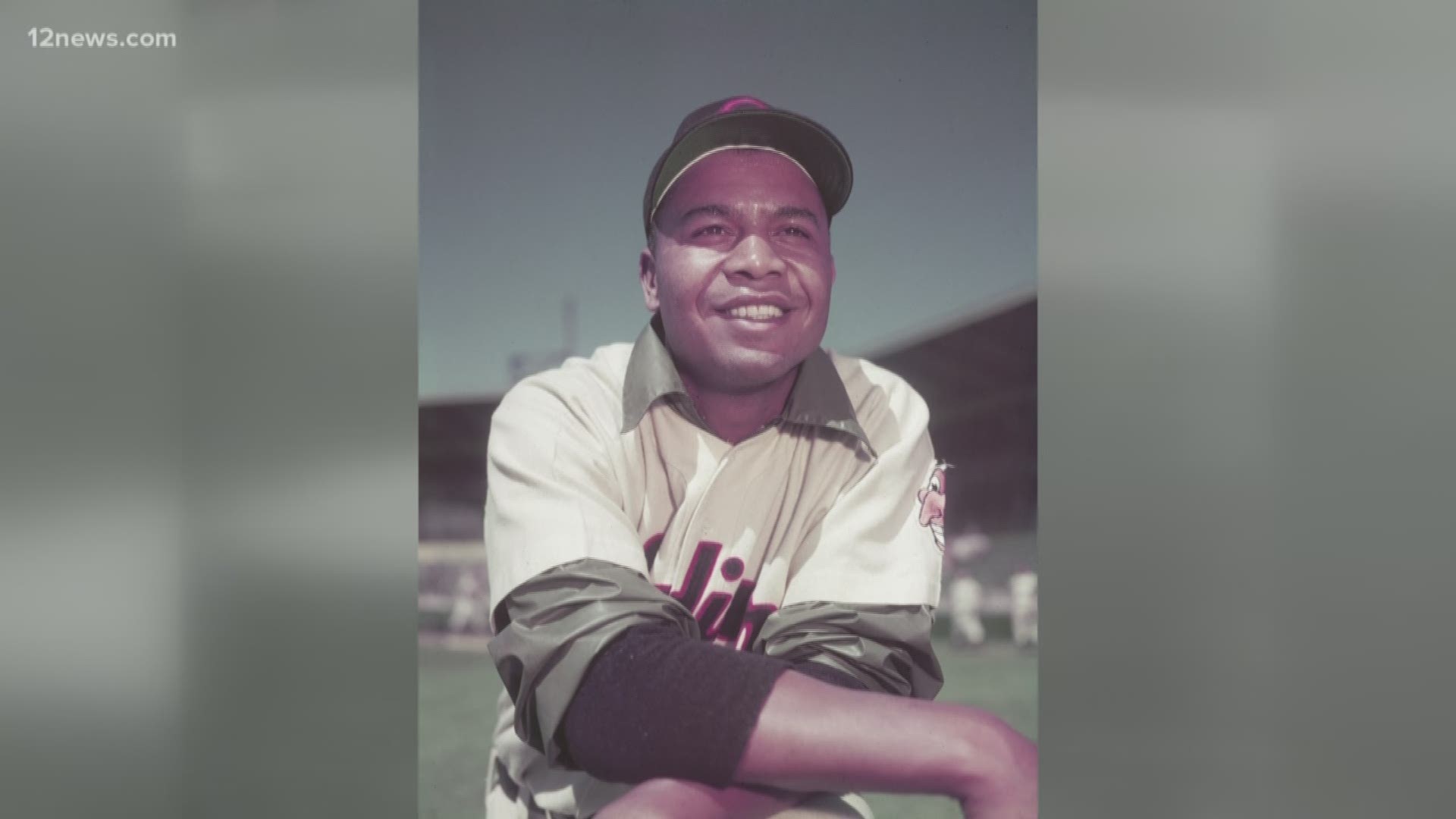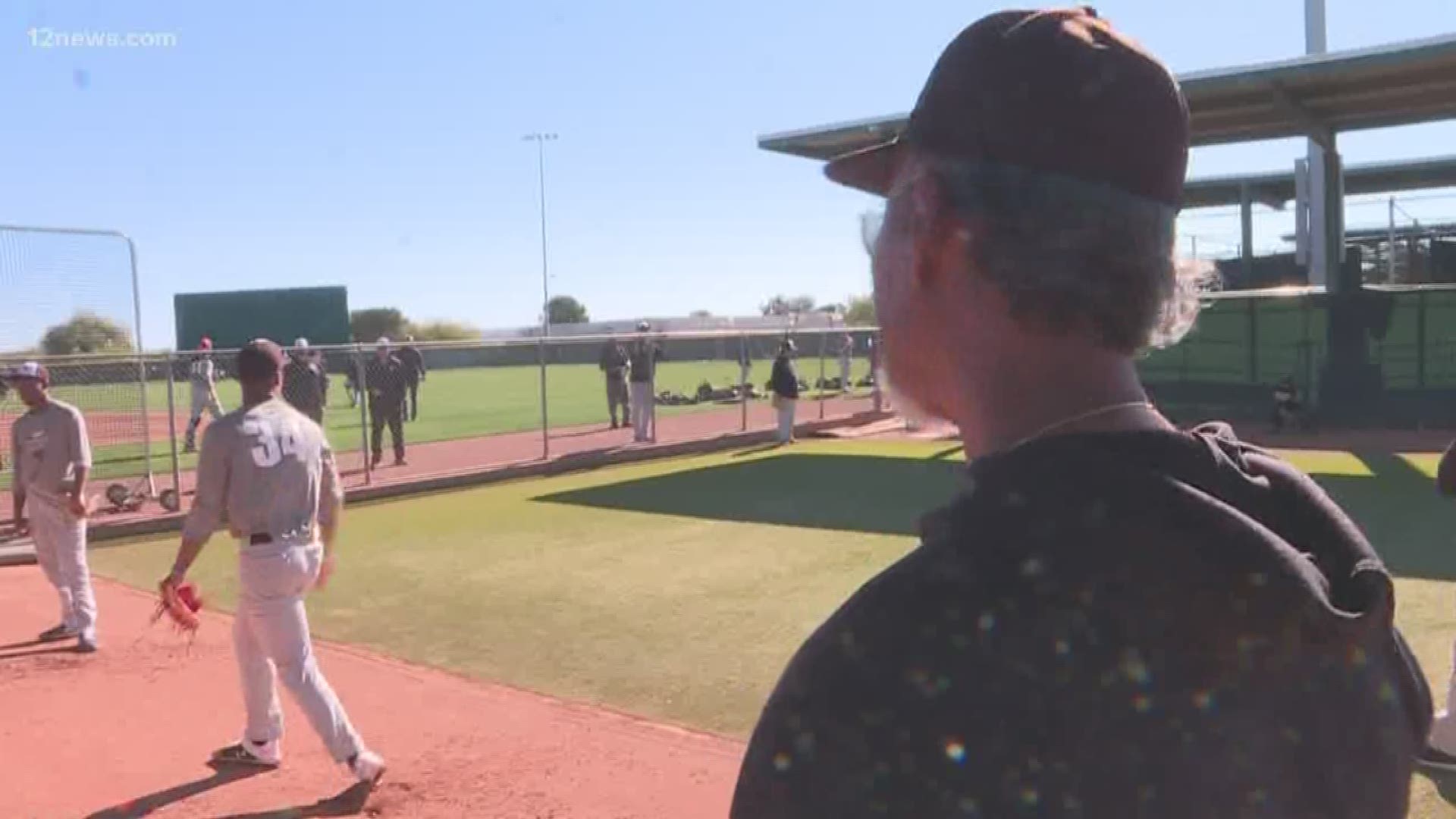PHOENIX — Major League Baseball leaders announced Wednesday the league will now recognize the Negro Leagues with "Major League" status in its historical record.
The MLB will preserve and highlight the contributions of pioneer ballplayers from the seven distinct leagues from 1920 to 1948, by adding the statistics and records of Negro League players to Major League Baseball's official history.
Commissioner Robert Manfred expressed in a statement they were "correcting a longtime oversight in the game’s history by officially elevating the Negro Leagues to “Major League” status."
“All of us who love baseball have long known that the Negro Leagues produced many of our game’s best players, innovations and triumphs against a backdrop of injustice." Manfred said.
MLB official historian John Thorn explained it is gratifying for the Negro Leagues to finally get this status a century after their formations.
“The perceived deficiencies of the Negro Leagues’ structure and scheduling were born of MLB's exclusionary practices, and denying them Major League status has been a double penalty, much like that exacted of Hall of Fame candidates prior to Satchel Paige's induction in 1971," Thorn said.
Players from the Negro Leagues had a profound impact on shaping the game of baseball in Arizona and the country during the 1940s to 1960s.
The roots of Arizona's Cactus League run deep with players who honed their skills in the Negro Leagues and shined in the Majors, revealing to a country that had classified them as second-class citizens, they were first-class players.
Future Cactus League Hall of Fame inductees and former Negro Leagues players Larry Doby, Monte Irvin, Willie Mays, and Ernie Banks would face the harsh realities of segregation as they forged a path for other minorities to play in the big leagues.
Larry Doby was the second African American to play in the Major Leagues. Doby joined the Cleveland Indians in Tucson as Arizona’s spring training kicked off in 1947.
Bob Kendrick, president of the Negro Leagues Baseball Museum in Kansas City, Missouri, said players and owners who chose to build their own leagues, who showed courage in a time where there was so much going against them, deserved this long-awaited recognition.
“In the minds of baseball fans worldwide, this serves as historical validation for those who had been shunned from the Major Leagues and had the foresight and courage to create their own league that helped change the game and our country too," Kendrick said.
Related: MLB working to increase African-American participation in baseball, hosts 'Dream Series' in Tempe
The seven leagues that comprised the Negro Leagues of 1920-1948 were the Negro National League (I) (1920–1931); the Eastern Colored League (1923–1928); the American Negro League (1929); the EastWest League (1932); the Negro Southern League (1932); the Negro National League (II) (1933–1948); and the Negro American League (1937–1948).


